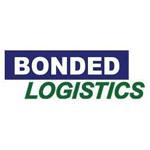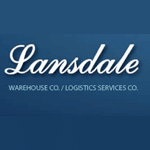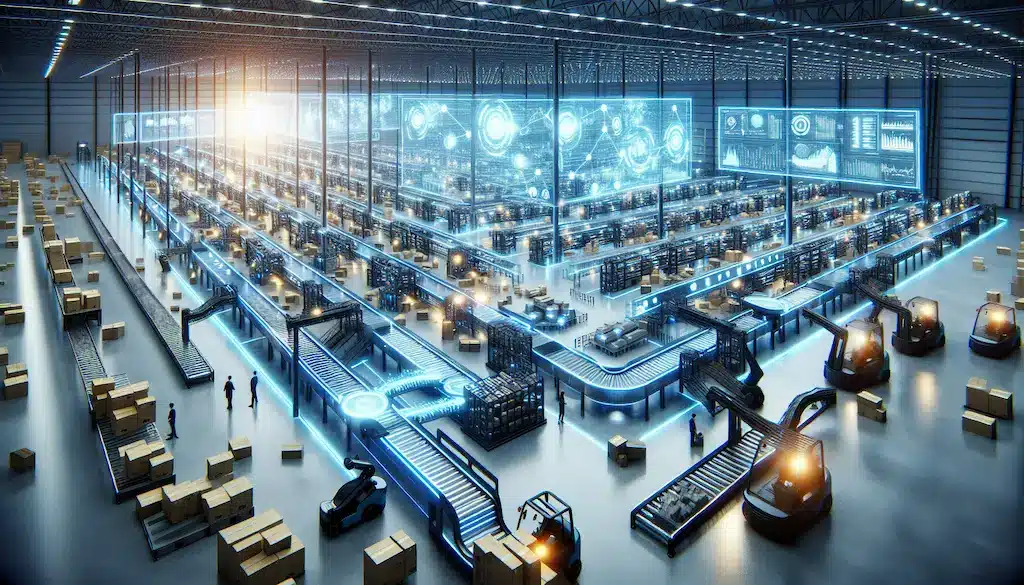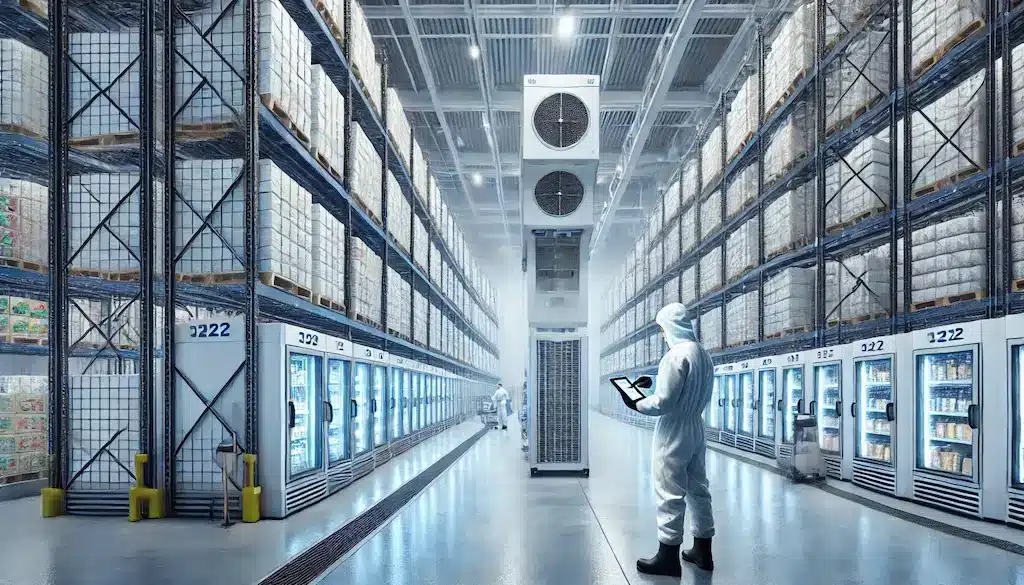How the Supply Chain May Benefit From Blockchain Technology
Just as it has in the healthcare, transportation, and financial service sectors, blockchain technology is positioned to be a disruptive force in supply chain industry over the coming years.
What is blockchain?
In short, blockchain relies on cryptographic techniques that allow each stakeholder to store, exchange, and view information, or blocks, within a shared distributed network. This is an extension of the peer-to-peer transaction model we’ve already seen, but blockchain has no centralized authority. Within this world, participants are made aware of all interactions, which are recorded on a digital ledger, making it easy to audit at any time. The blocks, once recorded, can no longer be manipulated unless the majority of users reach a consensus that the changes are valid.
This makes the technology very appealing for reconciling records among different stakeholders. Blockchain distributes identical copies of the information to multiple parties so there is no longer a need for third-party intermediaries. The data can be accessed in real-time, ensuring transparency and security, not inefficiencies and the potential for errors.
How can it help the supply chain?
Blockchain technology allows operators from all sides of the supply chain to make transactions more securely and with greater transparency. This means products are tracked every time a product moves to the next phase, creating a permanent record of its history. The upside are reduced time delays and human error. Here are five ways blockchain will improve the supply chain:
- Linking physical goods to bar codes, serial numbers or digital tags like RFID.
- Exchanging data with suppliers and vendors about assembly, delivery, and maintenance of products.
- Tracking orders, changes to orders, shipment notification, and other data related to shipping.
- Recording the quantity of orders and method of transfer (pallets, trailers, containers) as they move through the supply chain.
- Assigning certifications of physical products, especially food and pharmaceutical products that need special storage.
Why is blockchain secure?
Blockchain represents the most secure system to fight beaches because of its innate ability to trace the data supply chain. The technology requires data verification and the ledger creates a record of previous time-stamped entries to make sure every new action has integrity with what came before. That means that supply partners can approve or deny any sharing or changes to their data and all participants in the data will know when data is verified — or not.
The end result is trust. All involved stakeholders will know with authority that what they’re seeing on the screen is accurate, despite it passing through many hands from many locations.
Examples of blockchain success
Blockchain strengthens billing management. Streamlining data into a transactional ledger reduces manual administrative costs because it eliminates the need for third-party intermediaries. Australian vehicle manufacturer Tomcar uses blockchain to pay its suppliers through Bitcoin, not a traditional bank.
Then there’s Walmart which uses blockchain to track sales of pork meat in China. Through blockchain, the retailer’s suppliers can see where each piece of meat came from, its processing and storage and its sell-by date.
Finally, diamond manufacturer De Beers uses blockchain to track stones from the moment they are mined all the way to the jeweler counter. The company says this helps them track stones they deem as authentic and to weed out what are considered “conflict” or “blood diamonds” from the chain.
Do you feel ‘blockchain’ is just the latest buzzword and what is your understanding of it? Do you see it being something that needs to be considered in the near-future and in what aspect of your operations? Let us know in the comments below!









